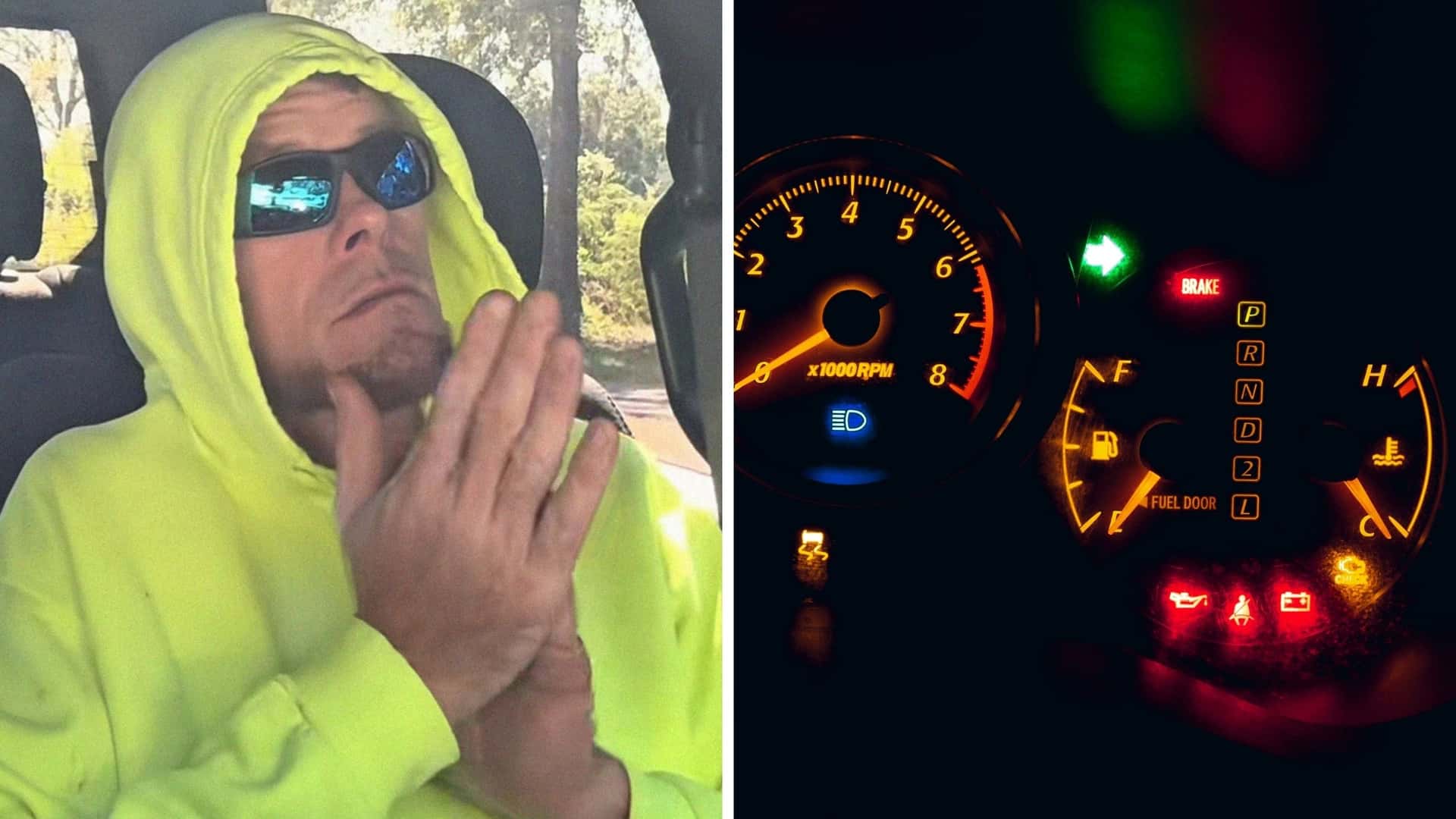
The tabling of Budget 2026 has come and gone without any mention of an extension of import and excise duty exemptions for CBU fully-imported electric vehicles, which the country has enjoyed since 2022. This means that as anticipated, prices of these cars will increase starting from January 1, 2026.
Malaysia’s ministry of finance (MOF) confirmed the news in its Fiscal Outlook and Federal Government Revenue Estimates report. In it, the ministry said it expects to collect RM12.79 billion next year, up from an estimated RM12.51 billion in 2025, partly as a result of the EV incentives expiring.
The government had twice extended the period for tax-free CBU EVs – originally slated for the end of 2023, the deadline was then postponed to end-2024 during Budget 2023, then to end-2025 once the current Madani government came to power soon after. There was no mention of an extension in Budget 2025, even as industry players continued to push for it.

Of course, there’s no surefire way of knowing how much more expensive CBU EVs will be next year, but Francis Lee, group CEO of Bermaz Auto that distributes the Xpeng brand, has recently said he expects prices to go up by “at least 20 to 30% minimum.”
Meanwhile, GWM Malaysia COO Roslan Abdullah told Berita Harian we could see as much as a 100% increase, given that customers are expected to bear the brunt of the reinstated import tax (10 to 30% of the car’s price) and excise duty (50 to 100%).
Tax incentives will remain for CKD locally-assembled EVs until the end of 2027, which could even see a reduction in prices as the current RM100,000 floor price will be removed for these cars. Leading the charge are the national carmakers – Proton has started production at its EV plant in Tanjong Malim, while Perodua will be launching its indigenously developed and produced model by the end of the year.

Aside from these two firms, most mainstream brands have committed to producing cars locally, with the exception of BMW and Tesla. The latter is part of the BEV Global Leaders programme that grants its own set of privileges, including the ability to acquire an approved permit (AP) without the need for a local partner.
Some brands, such as Volvo and Mercedes-Benz, already produce at least some of their EVs in Malaysia and should see no price increases into the new year. However, others such as BYD and Xpeng expect to only start vehicle production in the second half of 2026, so prices of their cars are expected to go up, at least for several months.
Compare prices between different insurer providers to save the most on your car insurance renewal compared to other competing services. Many payment method supported and you can pay with instalment using Grab PayLater or Shopee SPayLater.














































